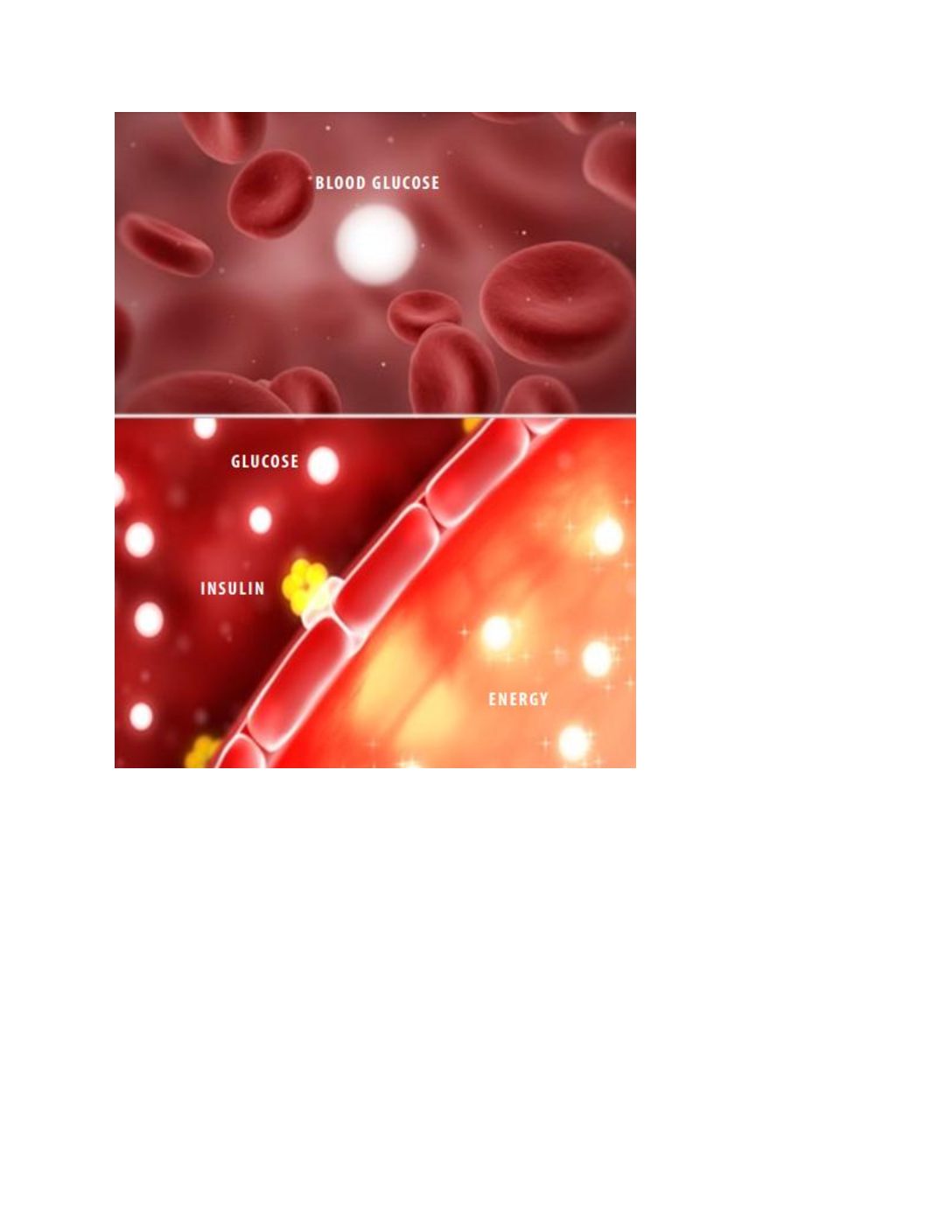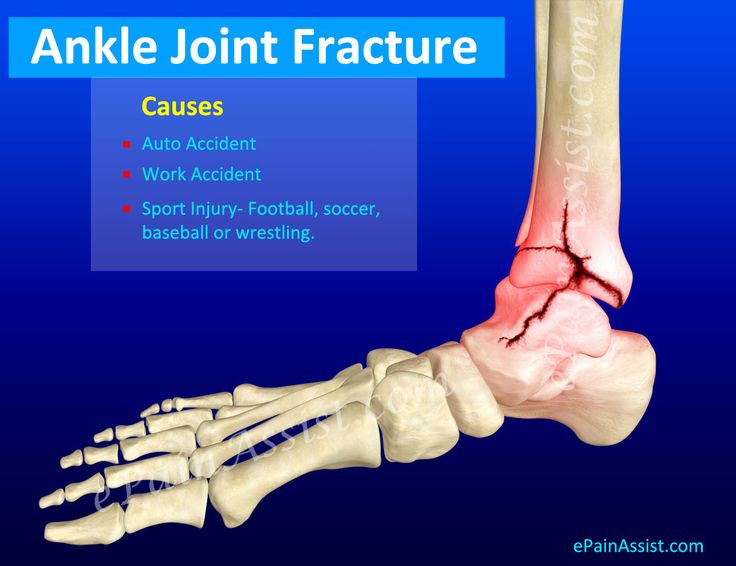Hyperglycemia (High Blood Glucose)and Diabetes
This condition is an abnormally high level of blood
glucose (also called blood sugar) in the body.
Hyperglycemia is a serious condition for people
who have diabetes. Severe hyperglycemia is an
emergency that can be life-threatening.Want to
know how your insurance overs this call us at 509-443-5416.
What is Blood Glucose?
Blood glucose is produced during digestion when
the body breaks down carbohydrates. It is carried
through the bloodstream to the body's cells. The
hormone insulin unlocks the cells and allows the
glucose to enter, where it can be used for energy.
But in people who have diabetes, this process does
not work properly. Their bodies may not have
enough insulin, or their bodies may be resistant to
insulin. Glucose can build to dangerous levels in
the bloodstream.
In people who have diabetes, hyperglycemia can
be caused by not eating properly. It can be caused
by problems with medications, especially insulin.
Not injecting enough insulin, injecting it improperly
or using expired insulin can trigger the condition. It
can also result from inactivity, stress, injury or
illness.
Early symptoms of hyperglycemia include frequent
urination, increased thirst and blurred vision.
Fatigue and headache may develop.
Hyperglycemia can be controlled without medicine
in its early stages. The person may need to get
more exercise, drink water or adjust the next meal.
But a person with hyperglycemia may also need to
inject insulin.
If the condition is not treated properly, it can
become more severe. Other symptoms may
develop. These include dry mouth, abdominal pain,
nausea and vomiting. The person may have
shortness of breath, and the breath may smell
fruity. The person may feel weak and confused.
Severe hyperglycemia requires emergency medical
care. Fluids and insulin therapy are needed to lower
the blood glucose level.




